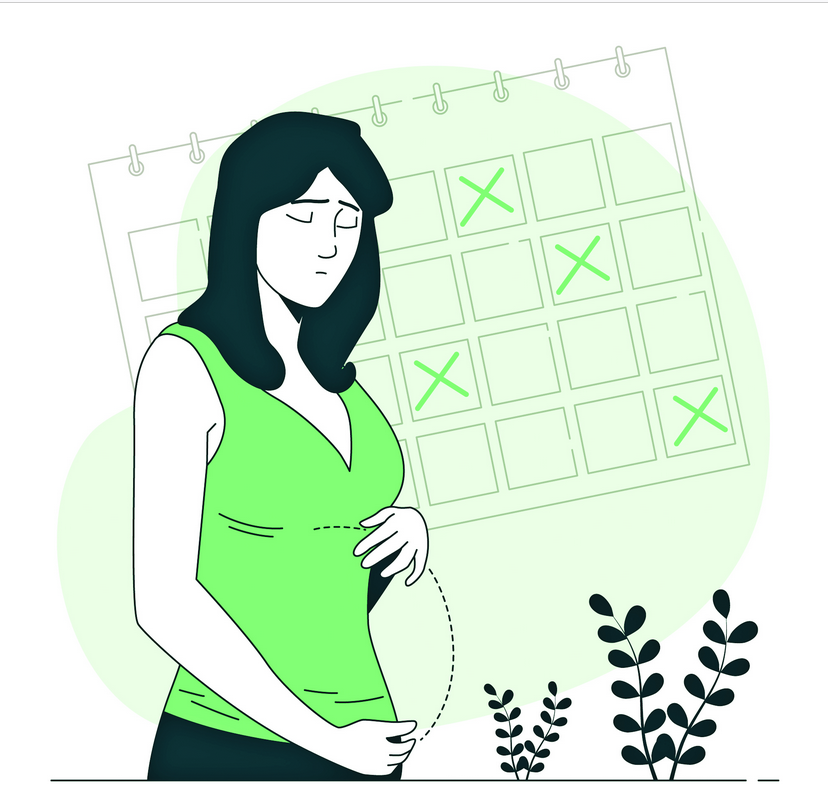
In a landmark decision, the Indian government has introduced significant changes to maternity leave policies, particularly benefiting women government employees who have children through surrogacy. The Ministry of Personnel, Public Grievances and Pensions recently announced these amendments, modernising a 50-year-old rule to address the evolving needs of families.

According to the Ministry of Personnel, Public Grievances and Pensions, women government employees who become mothers through surrogacy can now avail up to 180 days of maternity leave. This revision marks a substantial improvement from the previous regulations, which did not provide such benefits for surrogacy cases.
The amended Central Civil Services (Leave) Rules clarify key terms related to surrogacy. The Ministry of Personnel, Public Grievances and Pensions defines a 'surrogate mother' as the woman who carries and gives birth to a child on behalf of another woman, known as the 'commissioning mother'. Similarly, the 'commissioning father' is identified as the intended father of the child born through surrogacy.
The new rules extend beyond just maternity leave. The Ministry of Personnel, Public Grievances and Pensions states that commissioning mothers are now eligible for childcare leave, enhancing support for families formed through surrogacy. Additionally, commissioning fathers can take advantage of a 15-day paternity leave, ensuring both parents have time to bond with their new child.
Don't Miss: Ration Card Online Registration: A Step-By-Step Guide To Help You Apply For A Ration Card Online
The Ministry of Personnel, Public Grievances and Pensions outlines specific scenarios for leave eligibility. Both surrogate and commissioning mothers who are government servants with fewer than two surviving children qualify for the 180-day maternity leave. This provision aims to support various family situations while maintaining consistency with existing leave policies.

Male government employees becoming fathers through surrogacy are not left out of these changes. The Ministry of Personnel, Public Grievances and Pensions confirms that commissioning fathers with fewer than two surviving children can take 15 days of paternity leave. This leave must be utilized within six months of the child's birth, allowing fathers to participate in early childcare responsibilities.
Don't Miss: PF Balance: How To Check Your PF Balance With Or Without UAN Number
The Ministry of Personnel, Public Grievances and Pensions notes that the current regulations permitting up to 730 days of childcare leave throughout a government servant's career remain unchanged. This leave continues to be available for the care of the two oldest surviving children, maintaining support for ongoing family responsibilities.
These amendments to the Central Civil Services (Leave) Rules, 1972, represent a significant step forward in recognising and supporting diverse family structures within the government workforce. By addressing the unique needs of employees involved in surrogacy, the Indian government demonstrates its commitment to adapting policies to modern family-building methods.
For more such stories, stay tuned to HerZindagi
Herzindagi.com is Jagran New Media's gender and lifestyle vertical, catering to women of all age groups, helping them remain updated, on-trend and aware. To improve our performance and understand our readers' interests better, we have created this poll. This will take 2 minutes of your time, do help us out with this link.
Image Courtesy: Freepik
Also watch this video
Herzindagi video
Our aim is to provide accurate, safe and expert verified information through our articles and social media handles. The remedies, advice and tips mentioned here are for general information only. Please consult your expert before trying any kind of health, beauty, life hacks or astrology related tips. For any feedback or complaint, contact us at [email protected].